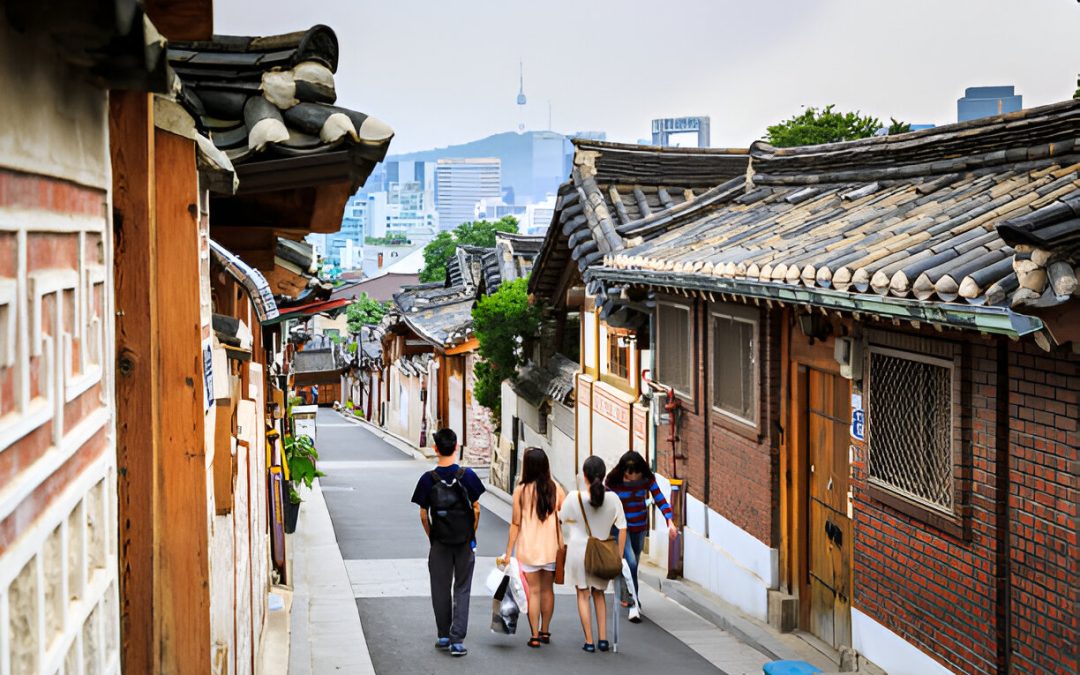The Global Lockdown
December of 2019 is a time that no one will ever forget. It was the start of what soon became one of the most significant historical events of our history. The Covid-19 global pandemic. Thanks to the global effort to combat the disease we are now free from the major dangers it presents to the world. With effective vaccines and better testing available to us.
But the effects of the pandemic are still being felt to this day. Many nations had to go into lockdown to prevent the spread of the disease. Whole industries were halted. People were forced to spend months isolated from their friends and families. And the hospitality and tourism sectors took perhaps the biggest hit of all. With nearly all major nations shutting down all non-essential travel. At the time things did look bleak.
Fast forward to today and we are seeing those industries hardest hit starting to rebuild. But it is a hard won victory. And many poorer nations are still struggling to build themselves back up to their former tourism glory.
But South Korea is thriving! Every year since the pandemic has seen South Korea draw in record numbers of tourists. And this trend is showing no signs of stopping either. So how exactly did South Korea manage to bounce back so quickly?
Rapid Covid Response
The biggest factor in South Korea’s success is due to how rapidly they first responded to the outbreak of Covid-19. Whereas many nations, like the UK, took too long to act and kept changing their prevention measures, South Korea acted fast and decisively.
South Korea never experienced a lockdown like other countries. Instead, after the first outbreak, they quickly developed rapid testing and provided it en masse to the public. Using this and various digital tracking measures, they were able to better identify anyone who may have been exposed and alert them accordingly. This meant that the general public was still able to maintain their freedom of movement. Since infected individuals and those they had been in contact with were alerted before any potential major outbreaks.
South Korea committed a large percentage of their medical resources to helping those who were infected. Which led to an extremely low death rate. Inadequate Covid care was one of the leading reasons for the disease spreading in other nations.
Their Thriving Hospitality Sector
With complete freedom of movement and no restrictions being placed on gathering sizes, South Korea’s hospitality sector was able to continue on as it was. Unimpeded by the pandemic. This meant that businesses weren’t failing like we saw in other nations. The biggest impact on South Korea was their tourism. It is estimated that the pandemic cost them 2.9 trillion South Korean Won.
So how has South Korea managed to claw themselves back to a place of tourism prosperity? The main contributing factor is that, unlike many other countries, South Korea’s tourist attractions have only gotten better during and after the pandemic. Companies like https://gangnam-baseball.com and https://adventure.lotteworld.com have been drawing in tourists from all over the globe. South Korean entertainment businesses are able to offer a taste of the world pre-covid mixed with all the cultural people come to expect from the nation.
Embracing Their Strengths
South Korea’s government is no fool when it comes to marketing their country. They know what makes their nation so popular globally and they embrace it. Hallyu, which translates to ‘Korean Wave,’ is the term used to describe the massive outreach of South Korean culture that is taking over the planet.
We have seen the global entertainment industry get caught up by South Korean content. Squid Game and Parasite are two prime examples of this. But the strongest influence South Korea currently holds over the world is k-Pop. One of the most popular musical genres. K-Pop has changed the face of the music industry massively in the last decade.
And South Korea has embraced this in all of their marketing. K-Pop tourism makes up a huge percentage of their yearly tourism earnings. So much so that the nation has started using popular K-Pop stars in their official marketing campaigns. Everywhere you go in South Korea you will be reminded that it is the home of K-Pop. Especially in Seoul.
Karaoke is another key element of South Korean culture that heavily drives their tourism industry. With thousands of amazing karaoke venues all over the nation. It remains a huge part of their identity and is used frequently in all of their tourism marketing too.










